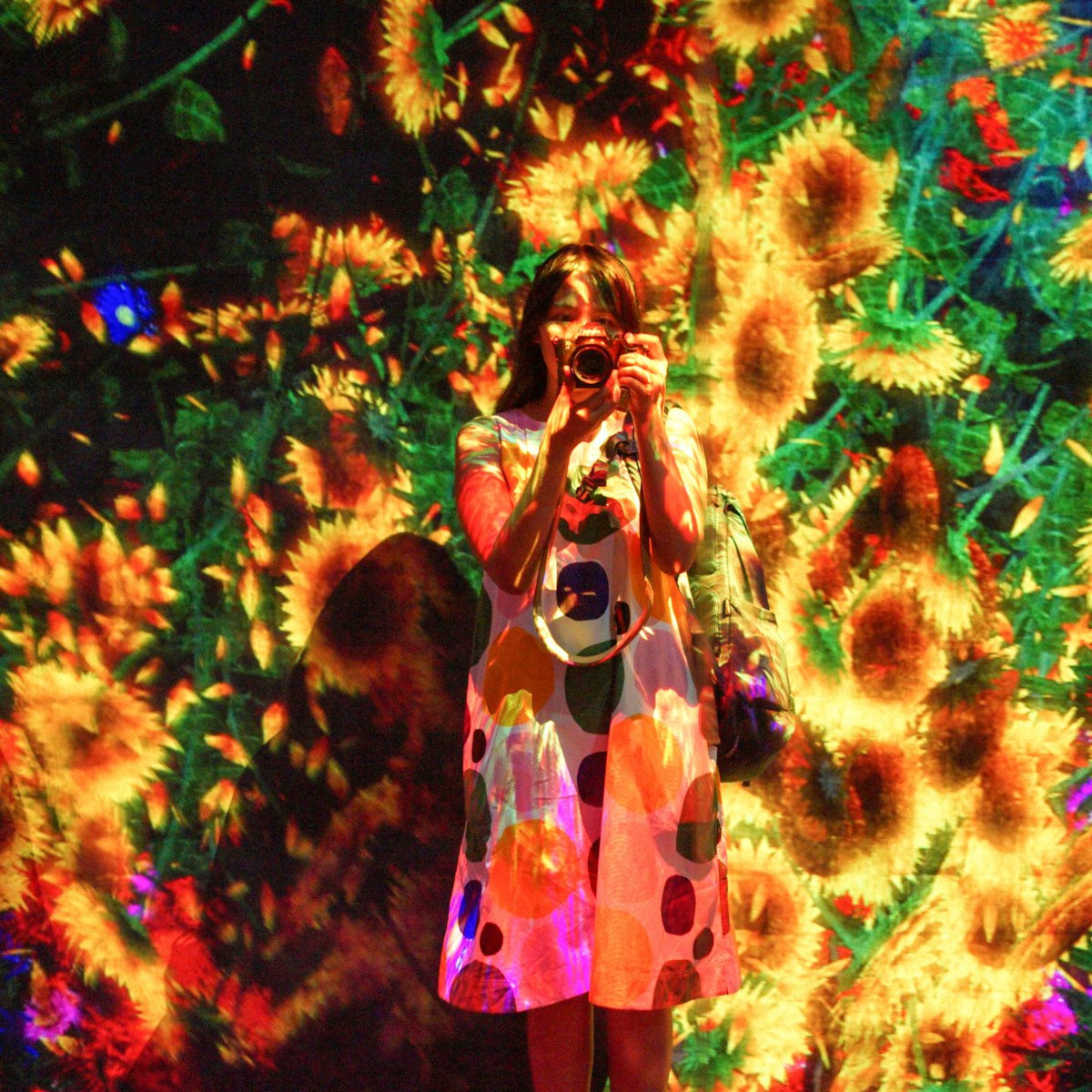Established in the mid-17th century as the property of the Tokugawa clan, this formal strolling garden incorporates elements of Chinese and Japanese landscaping. It's among Tokyo's most attractive gardens, although nowadays the shakkei (borrowed scenery) also includes the contemporary skyline of Tokyo Dome.
Don't miss the Engetsu-kyō (Full-Moon Bridge), which dates from the early Edo period (the name will make sense when you see it), and the beautiful vermilion wooden bridge Tsuten-kyō. The garden is particularly well known for its plum blossoms in February, irises in June and autumn leaves.








